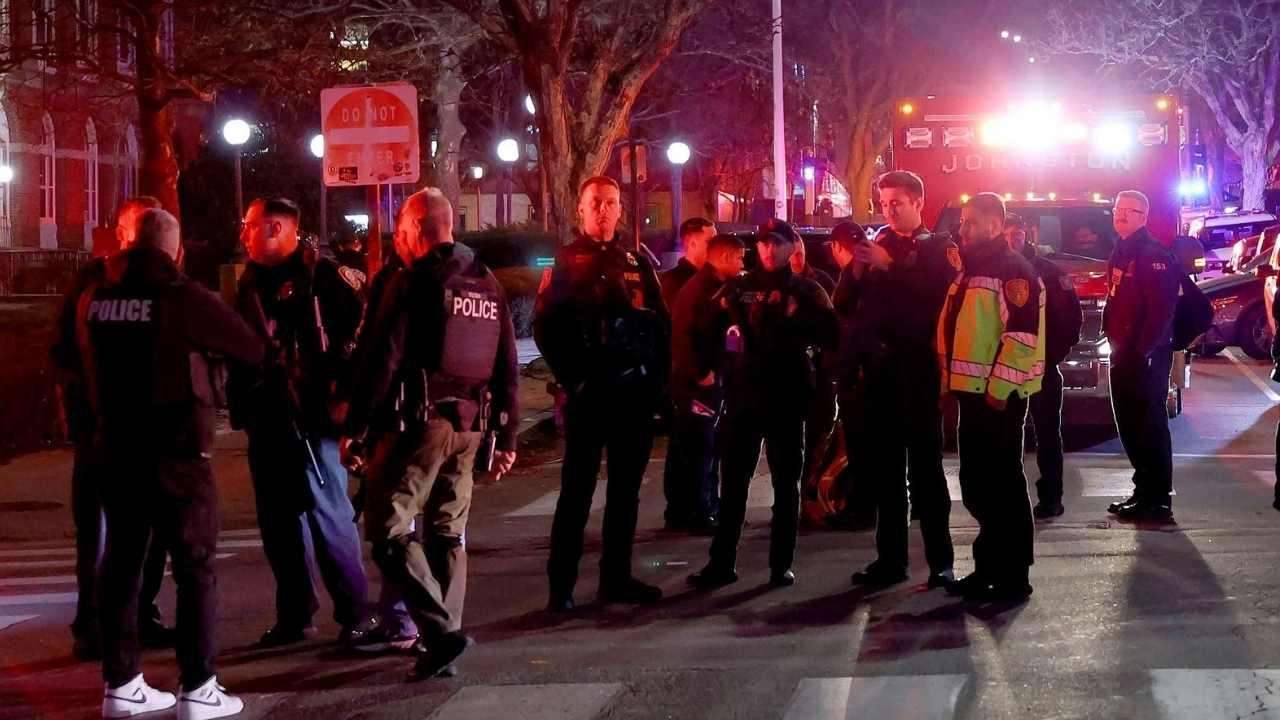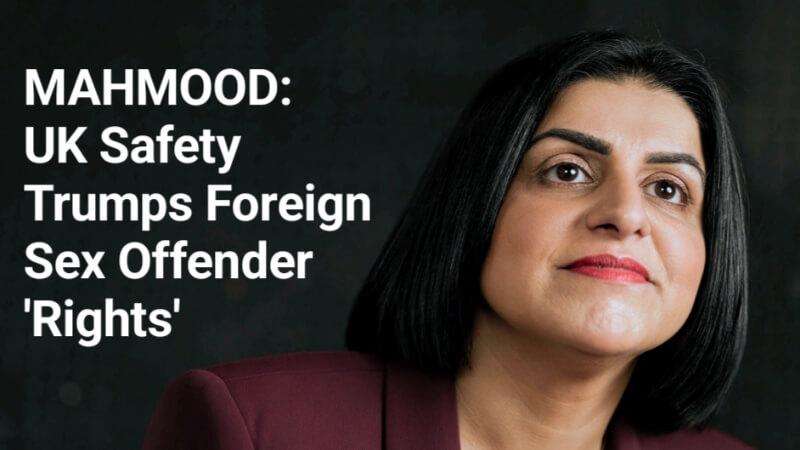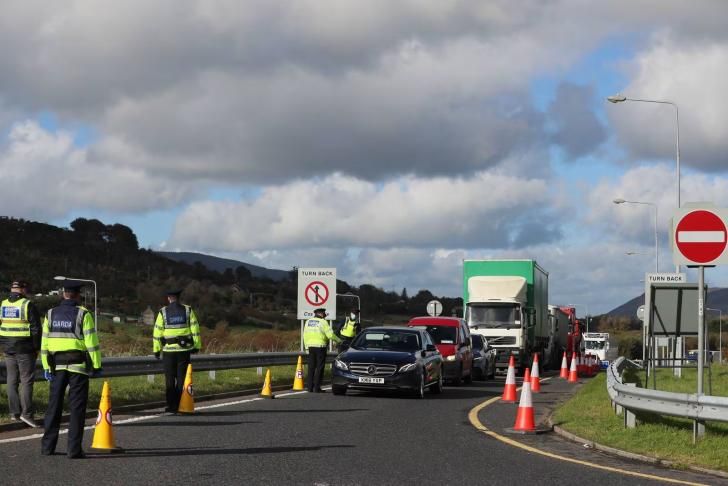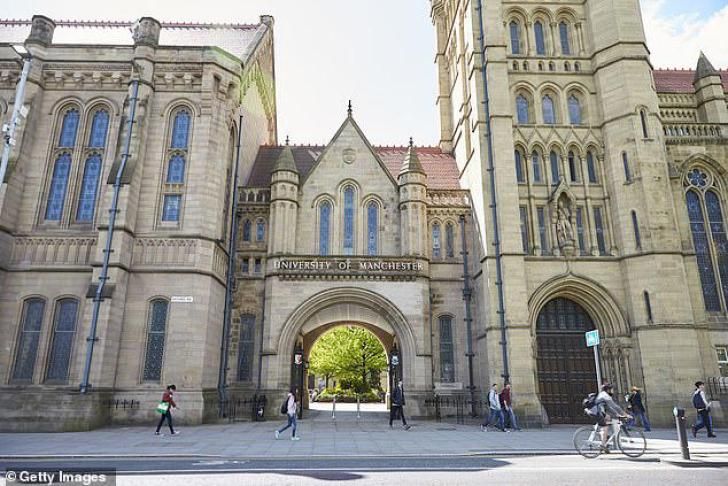The Taoiseach has made it clear that he anticipates the UK government upholding a 2020 commitment to allow the repatriation of asylum seekers who left Britain for Ireland.
A migrant will be questioned about the various countries they have applied to for international protection under the Dublin Regulation. They could then be moved to another nation if the International Protection Office (IPO) determines that country should handle their claim for international protection. Despite the fact that Britain is no longer a member of the EU, the governments of Ireland and Britain have had a comparable arrangement since 2020.
In what will be received as a hardening view from the Irish Government on the issue, Simon Harris said Ireland expected that the agreement with the UK would be enforced and honoured, despite British prime minister Rishi Sunak saying he would refuse to do so.
“We have a legitimate expectation that agreements between two countries are honoured,” he said.
Mr Harris was speaking as he arrived at Government Buildings for a meeting of the Cabinet. He suggested that the comments made by Mr Sunak yesterday that the UK would not accept the return to Britain of people who made inadmissible applications in Dublin were part of a campaign in the run-up to the general election there. He focused on the comments, instead, of Northern Secretary of State Chris Heaton-Harris who underlined the importance of working together in the Common Travel Area.
Mr Harris said the emergency legislation which was before Cabinet would give legal effect to an arrangement that was already in place with the UK and had been in place since 2020.
“It’s very important that everybody understands there’s already an agreement in place between Ireland and Britain. What we are doing is giving legal clarity in relation to that agreement, which will allow us to designate the UK as a safe country again,” he said.
“It’s also very important for people to understand that this is a two-way agreement. This is to ensure that refugees can be sent in both directions if their application is inadmissible.
Asked about the comments by Minister for Justice Helen McEntee that 80 per cent of applicants for international protection were coming across the border from Northern Ireland, Mr Harris defended the figure but also accepted that it was “almost impossible to know ‘’ how many people were coming over the border on a daily basis.
However, he said the people who worked in the International Protection Office (IPO) were aware of the trends they were seeing and they had told the Minister that it was now over 80 per cent based on their experience.
“I think it would be a foolish Government that would discard that information,” he said.
His and McEntee’s comments put them somewhat at odds with Tánaiste Micheál Martin who said that that figure was not based on any data.
Meanwhile, the Government will shift focus from processing asylum applications to prevention and deportation by allowing An Garda Síochána redeploy 100 officers to frontline duties including duties near the Border.
Minister for Justice Helen McEntee will update Cabinet at its meeting on Tuesday morning about the steps being taking to prevent people abusing the Common Travel Area between Ireland and the UK as a means to enter the State to claim asylum.
She will provide an update on the work of An Garda Síochána, which is responsible for running operations and is working closely with the PSNI.
The Minister announced last month her department would take over the immigration-registration function from the gardaí. This will free up 100 additional gardaí for frontline enforcement work, including around deportations.
A Government source pointed to the comments of British prime minister Rishi Sunak on Monday that the UK would not accept the return of international protection applicants from Ireland until France agreed to take back asylum seekers who had illegally entered Britain from the Calais region.
The source said that as a result of that stance the Cabinet’s focus would probably turn more to prevention but accepted it would be difficult to implement a policy that would stop people crossing an open border.
Ms McEntee has said that the plan to redesignate the UK as a safe country to which asylum seekers can be returned is a measure to close any loopholes and to put into effect an arrangement already in place with the UK.
Speaking on her way into Cabinet, Ms McEntee admitted there had been no asylum seekers returned to Britain for some years, primarily because of the impact of Brexit.
She said it had not been possible in recent years because of Brexit, the Covid lockdown and latterly because of the High Court judgment in March that ruled the UK was not a safe country of origin because of its Rwanda policy.
“What I’m doing with this legislation is addressing the High Court’s ruling and making sure that we close any loopholes that currently exist,” she told RTÉ radio. “We have to be able to return people to the UK, but there is an arrangement in place. We’ve been working with the UK and I don’t expect that that will change.
“This is one of a number of measures that I’m bringing forward and that I have been doing to make sure that we have an immigration system that’s firm but fair,” she said.
She said she looked forward to meeting her counterpart in the UK, Home Secretary James Cleverly, which will happen in the coming weeks.
Earlier this week, Mr Cleverly cancelled a meeting with Ms McEntee, and she in turn abandoned a plan to travel to London for meetings.
The redeployment of Garda personnel could lead to a ramping up of Operation Sonnet, a joint operation with the British authorities to ensure that people travelling in the Common Travel Area between Ireland and Britain are not doing so illegally.
The long-standing agreement between the British and Irish governments was designed to monitor the Border between Ireland and Northern Ireland.
A Government spokeswoman said that Operation Sonnet was still a live operation. However, there have been no public statements on its operations since 2018.
Then minister for justice Charlie Flanagan told the Seanad in early 2018 that checks conducted by gardaí under Operation Sonnet between 2015 and 2017 resulted in 774 people being refused entry into the State.
The Garda operated mobile immigration patrols that conducted checks to ascertain if people were crossing the Border without authorisation.
Operation Sonnet, called Operation Gulf by the British, attracted criticism from agencies working with refugees amid claims that racial profiling was being used in some cases to identify people crossing the Border between Northern Ireland and the State illegally.
In reply to queries about immigration checks for people crossing the Border into the Republic, the Garda said the checks were carried out on a regular basis, with “up to 300 checks per month depending on circumstances”.
“Checks can be spontaneous or pre-planned depending on the circumstances. Checkpoints are conducted with roads policing units to facilitate the safe stoppage of vehicles. Checks are also conducted on the train line running through Co Louth with checks conducted in Dundalk as the first entry point into this jurisdiction from Northern Ireland.”
The Cross Border Joint Action Task Force will “work together to monitor and detect illegal immigration”, the Garda said.
The taskforce, led by senior Garda and PSNI officers, was set up to tackle cross-Border organised crime.








.svg)


